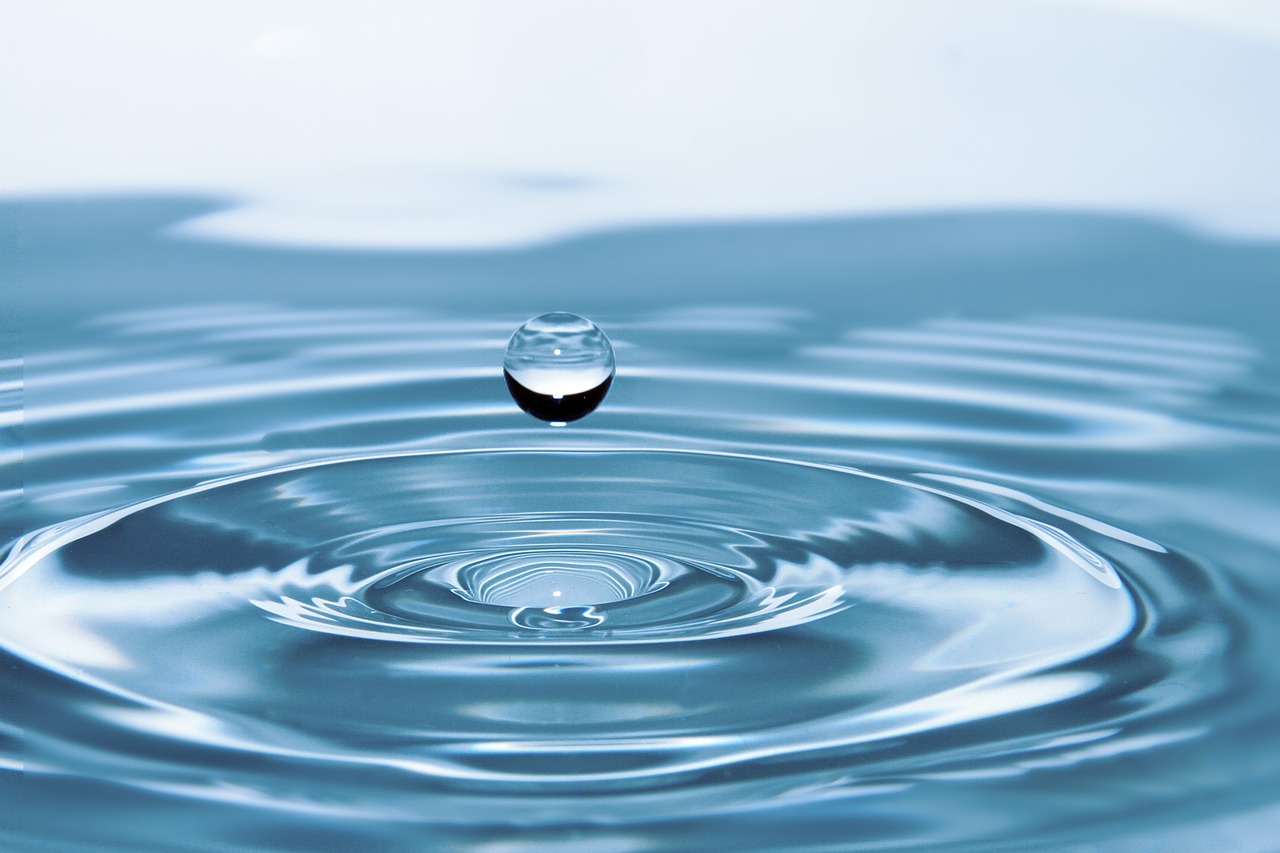8 Things You May Not Know About Water
Dec 26, 2017 • 8List

Dec 26, 2017 • 8List
In school, you might have been taught that water makes up about 71% of the Earth, and makes up around 60% of an adult human body. But did you know that only 1% of potable water is easily accessible? This list puts the spotlight on our precious life source and important facts about water access that you may not already know.
The Earth’s ice sheets– Antarctica and Greenland-contain 70% of the world’s freshwater! As mentioned above, that makes the amount of accessible water just 1%, with saltwater not useable for hydration (fun fact: our kidneys can only produce urine that is less salty than saltwater).
It is the only substance that can be found naturally on earth in all three forms: liquid, gas and solid! Water in its gas form (water vapor) must not be confused with water gas, the latter being a toxic mixture of carbon monoxide and hydrogen.
What does its label as “the universal solvent” mean again? That pertains to how water dissolves more substances than any other substance does. Technically, though, the true universal solvent would be Alkahest, a hypothetical substance that could dissolve any other substance (including gold). But with water being the most effective KNOWN solvent, it is important in how it carries all the nutrients and minerals in everything it goes through.
While water is generally common in the universe according to NASA, most of it is in ice form–like in Jupiter’s moons Ganymede, Europa and Callisto, and Saturn’s Enceladus and Titan. In liquid form, only Earth is confirmed to have it, so far. This makes our water more precious because of all the carbon-based life that depends on it (including ours).
The deep sea still holds unknown secrets. Around 500,000 and 2 million more multi-celled marine organisms are still unknown, according to the World Register of Marine Species (WoRMS). While they are under the same threat of climate change, ocean acidification, and pollution as all species are, the growing list of studies and conservation efforts can keep those numbers from falling.
While we can’t do away with food production for the simple reason that we need to eat, shifting to biofuels and efficiency measures such as precision irrigation based on information supplied by water providers can help curb water and energy consumption. Going on more Meatless Mondays also helps, as beef requires the most water in food production!
Countries ranging from Singapore to Qatar and Bahrain are projected to experience water stress by 2040. But according to researchers from McGill and Utrecht University, there’s hope. They say it’s possible to turn the situation around and significantly lessen the problem in just over 35 years, outlining the strategies that would focus on the areas of most concern.
Did you know that 844 million people in the world still don’t have access to clean water? That is stated In a report by WHO/UNICEF, which also reveals that 2.3 billion people do not have a decent toilet. Aside from being a basic need for survival, having access to clean water reduces poverty and increases the opportunity for quality education and employment–things that are important for the advancement of a community and all its members.
As a response to this challenge, organizations such as Waves for Water were formed. Founded by professional surfer Jon Rose, the main goal of Waves for Water is to get clean water to every single person who needs it. They do it through their Courier Program, a DIY distribution network of travelers who, while traveling, can carry water filters with them in their luggage and help distribute this to communities in need. Since then, the Waves For Water has reached out to over 7 million people in more than 27 countries, including Sierra Leone, Indonesia, Nicaragua, Haiti, Brazil, Liberia, Mexico, India, and Colombia. Waves for Water is part of the United for Healthier Kids campaign, the pioneering program initiated by Nestlé to help establish healthier eating, drinking, and lifestyle habits for children.
Do you want to help Waves for Water bring filters to more countries in need? Visit http://www.wavesforwater.org/#/my/donate/details to donate or know more about their programs. Waves For Water partners with organizations, corporations, and/or individuals to implement programs through those who choose to use their skills to step up and take on leadership roles in their respective communities. This means any donation you make goes a long way to help their workers bring water filters to more communities.
Input your search keywords and press Enter.
